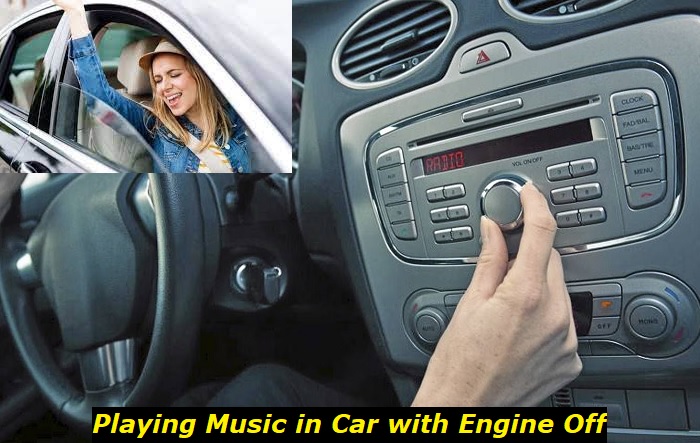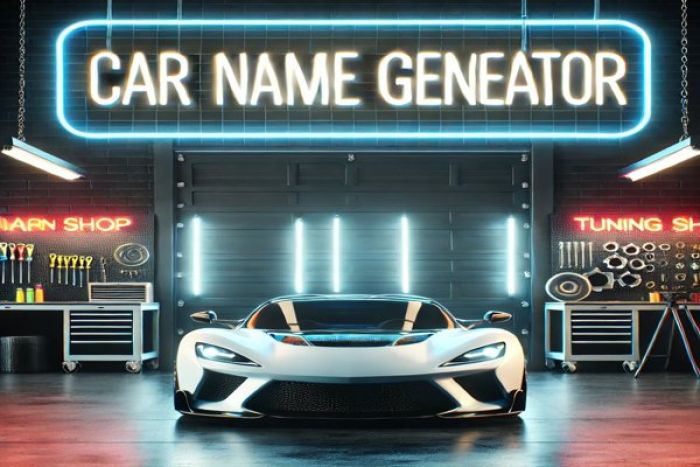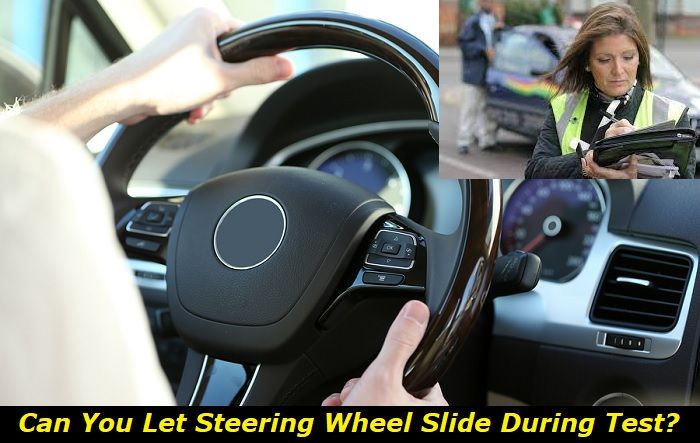It's safe to play music in your car with the engine off but not for a long time. You should also know that the battery is in good condition before you do this. A prolonged period of listening to music in your car with a low battery will lead to complete battery death and problems with starting your vehicle
Battery drains highlights
- Level of importance:high
- Methods to locate:disconnect everything that can cause drains
- Consequences:dead battery
- Prevention:driving style adjustment, no extra equipment
- DIY fixes:possible but complicated
- Price to fix:$100 - $600
.

How much power does your music system need in a car?
It's a common idea that the music system in your car is pretty easy to power. It has just several speakers of different sizes and also the head unit. But no one actually thinks about how much power these elements consume. In reality, the music system in some cars is very power-consuming and should only be played when the engine is on and it relies on the alternator, not on the battery.
And still, there are other systems that are though almost unnoticeable for the battery and it's usually wrong. I decided to count several popular systems in different cars in terms of the amount of power they may consume per hour. Of course, these figures are not completely true and you will still get different consumption in your car. But they at least give some understanding of the problem.
Here are some examples:
1) Simple system with four speakers
This is one of the simplest music systems with two speakers in the front and other two speakers in the back of the car - a very budget-friendly setup. On average, each speaker has 50 watts but it usually uses about 20 watts of power. The head unit will use about 10 watts if it's an old system without a screen and 30-40 watts if it's a system with a touchscreen.
So, on average, the simplest audio system in your car will consume about 100 watts per hour. This is not that little, actually. It's something like leaving the headlights on with the low beam for an hour.
2) More speakers - higher consumption
The majority of modern vehicles will have 6 and more speakers. Also, their radio unit has other functions and a big screen. This will inevitably take up power consumption. For example. the car with 8 speakers and a big head unit will consume more than 150 watts per hour just when you are listening to music. This can actually drain the battery quite fast.
3) Subwoofer adds to the problem
The average power consumption of the subwoofer is 100 watts per hour. But there are bigger units that can consume up to 200 watts. It adds a lot to the overall power consumption when you just turn on the music in your car. Actually, when the engine is on and you are driving the vehicle, you can even feel the difference in the car's power because the alternator needs to work hard to supply all those music units with power.
Well, a decent system with a subwoofer and with a big screen can consume, on average 200 to 300 watts. And I'm not talking about its full potential because of you turn it to the full volume, it will take up to 500 watts which is just a killing drain for your battery.
How much power does your battery store?
In order to count how many hours you can listen to music in your car with the engine off, we need to understand the power capacity of the battery. Usually, manufacturers give us the amperage of the battery and also its voltage. But if you didn't miss physics lessons at your school, you can easily turn those into watts.
For example, the battery with 60 Ah and 12 volts (just an average size for a small passenger car) will have 720 watts of power (multiply 60 and 12 to get the watts). So, you may now take your calculator and start counting. But hold your horses.
What else should you consider before you get the actual power capacity of the battery? You should know that the optimal charge of the battery is about 85%. Also, the battery will discharge to 10% and then die by producing lower voltage and won't be able to power your music or whatever.
So, here's the actual example:
- let's assume your car audio system takes 150 watts when you are listening to music;
- let's assume you have a 60 Ah battery that can hold 720 watts in total;
- the optimal capacity of the battery will be 540 watts (the capacity you can potentially use);
- so, your audio can approximately work for three and a half hours till the battery is dead;
- after that, you will not be able to start the car - it will not have enough power to crank.
Actually, your battery may not have the optimal 85% of capacity in it now when you are turning the music on. So, very often, the battery will die sooner than that. Also, when the battery has about 20% of charge left, it won't crank the engine properly and you have a great chance of not starting your car anymore without some help. You will need to jump-start the battery to let the engine work.
So, how much time is it safe to listen to music with the engine off?
It's quite a hard question to answer. If your battery is fresh and you are sure that it's at full charge now, and if your car audio system is not advanced and is not really power-consuming, you can play the music for about 1 hour without any consequences at all. But if your battery is quite old and shows signs of dying, even 5 minutes of music in your car when the engine is off may not allow you to start the engine the traditional way.
I don't recommend listening to music in your car when the engine is off. Once you turn on the engine, it will power the alternator which, in turn, will power your music without draining the battery. Given the car takes about 0.8 liters of fuel per 1 hour of idling, it's always cheaper to turn on the engine, let it idle, and listen to music.
However, you should also bear in mind that it's not always legal to let your car idle for so long. For example, if you are near someone's house and letting your car idle for more than 5 minutes, the owners of that house can call the police and you'll be fined. So, maybe, you should find some other way to listen to music when you are sitting in your car. Your phone and headphones will be a good option.
Can you protect yourself from discharging the battery in your car?
Actually, you can protect yourself from those kinds of battery problems just by not listening to music when the engine is off. This is my first recommendation: turn off all electrical units and elements in your car once you turn off the engine. You can leave the lights on only when it's actually needed to mark your car on the road and improve your safety.
In all other cases, you should avoid draining the battery for music, unneeded lights, interior lights, etc. If you avoid draining the battery, it will live longer and will obviously let you spend less money on car maintenance.
Also, you can try the following tips:
- be ready to replace your battery after about 5 years of use - replace it once you spot the symptoms of a dying battery;
- at least once every half year, charge your battery with a good charger - this will obviously help you save it from dying earlier;
- if you are only driving your car in the city, charge the battery twice more often because it quickly loses its charge;
- make sure you buy good batteries with the needed capacity and cranking amps to make sure they will live long;
- try driving your car regularly - when the car sits for a long time, the battery drains naturally and can just die in the end.
As you see, there are several important rules and recommendations that can help you always keep the battery in good condition. Of course, when you are driving a car, it's not always possible to follow all those tips. But at least, you should try to prolong the life of the battery and always keep it optimally charged.
About the authors
The CarAraC research team is composed of seasoned auto mechanics and automotive industry professionals, including individuals with advanced degrees and certifications in their field. Our team members boast prestigious credentials, reflecting their extensive knowledge and skills. These qualifications include: IMI: Institute of the Motor Industry, ASE-Certified Master Automobile Technicians; Coventry University, Graduate of MA in Automotive Journalism; Politecnico di Torino, Italy, MS Automotive Engineering; Ss. Cyril and Methodius University in Skopje, Mechanical University in Skopje; TOC Automotive College; DHA Suffa University, Department of Mechanical Engineering






Add comment